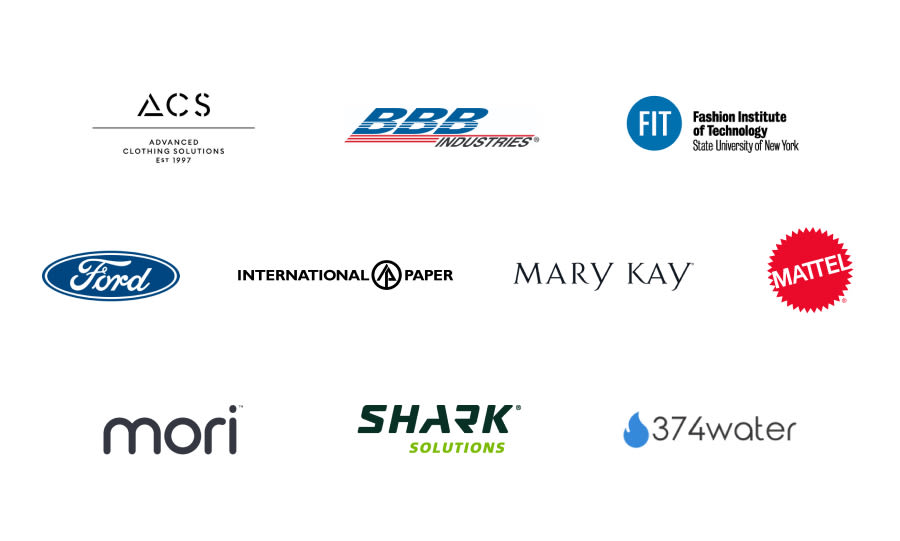Health technology company Philips has renewed its Strategic Partnership with the Ellen MacArthur Foundation for a further three years.
Philips joined the Foundation’s Network as part of its commitment to actively drive the transition to a circular economycircular economyA systems solution framework that tackles global challenges like climate change, biodiversity loss, waste, and pollution. It is based on three principles, driven by design: eliminate waste and pollution, circulate products and materials (at their highest value), and regenerate nature., which is one of the key pillars of its sustainability programme. The company recently announced it has achieved its circular economy revenue target of 15% of sales by 2020. Philips has also confirmed it is now carbon neutral in its operations.
The circular economy can help tackle some of the world’s biggest challenges, including climate change, waste and pollution, and biodiversity loss. In September 2020, Philips published its 2025 Environmental, Social, and Corporate Governance (ESG) commitments, which include ambitious circular economy targets, such as increasing its circular economy revenue to 25% of sales and ensuring 100% of its new products meet the company’s EcoDesign requirements. Circularity is one of the key pillars of EcoDesign.
The renewed Strategic Partnership will focus on circular design and circular economy measurement. The Foundation, together with other organisations, is collaborating with Philips in its annual Student Service design competition — a global design award that celebrates, encourages, and inspires the next generation of designers. Together with the Foundation, Philips is also completing a Circulytics assessment to measure its circular economy performance.
Under Frans van Houten’s stewardship, Philips has repeatedly raised the bar — setting and achieving ambitious goals as a leader in the transition to a circular economy. Philips has also played a key role in driving systems change in the industry. I look forward to what we will achieve together in the future, and to the impact Philips will have as it continues to drive circular economy design for system solutions and transformation, tackling global challenges such as waste and pollution, climate change, and biodiversity loss.
Andrew Morlet, CEO, Ellen MacArthur Foundation
Transitioning to a circular economy is central to our drive to make the world healthier and more sustainable through innovation. The Strategic Partnership with the Ellen MacArthur Foundation has proven valuable in bringing like-minded organisations and industries together, to accelerate learning and drive critical action to combat global challenges.
Frans van Houten, CEO, Royal Philips
Ellen MacArthur and Philips CEO, Frans van Houten, recently collaborated on an article for the World Economic Forum, titled 3 shifts can scale the circular economy — triggering a more resilient, prosperous system.






